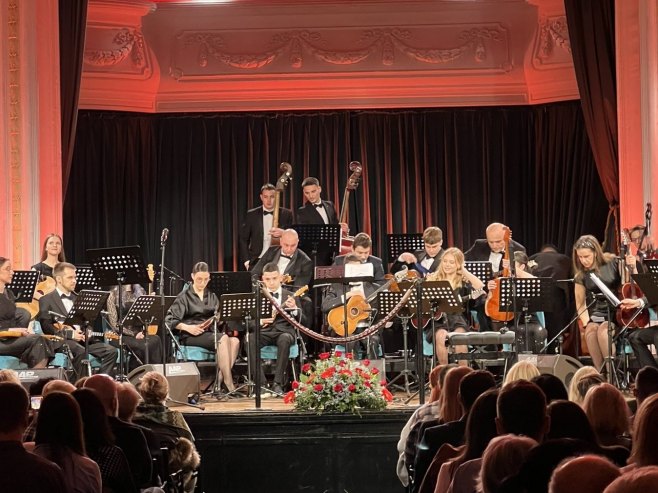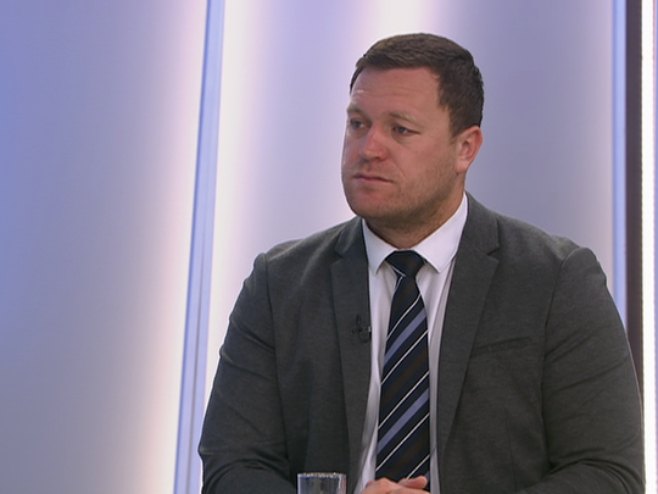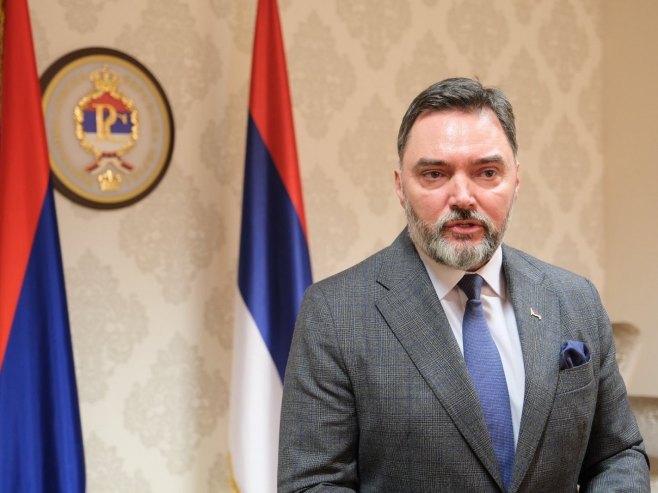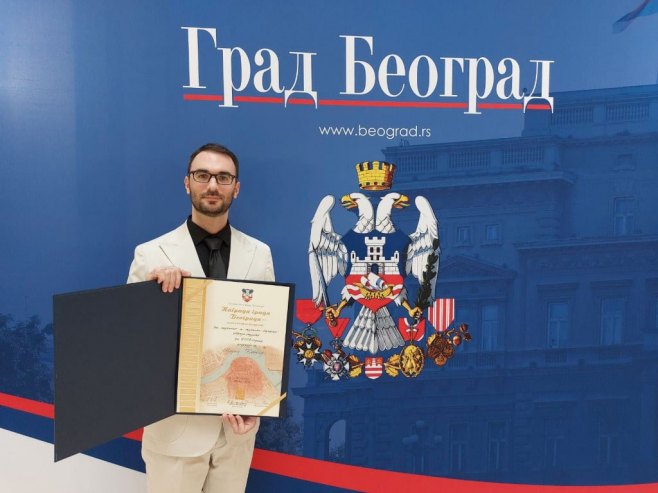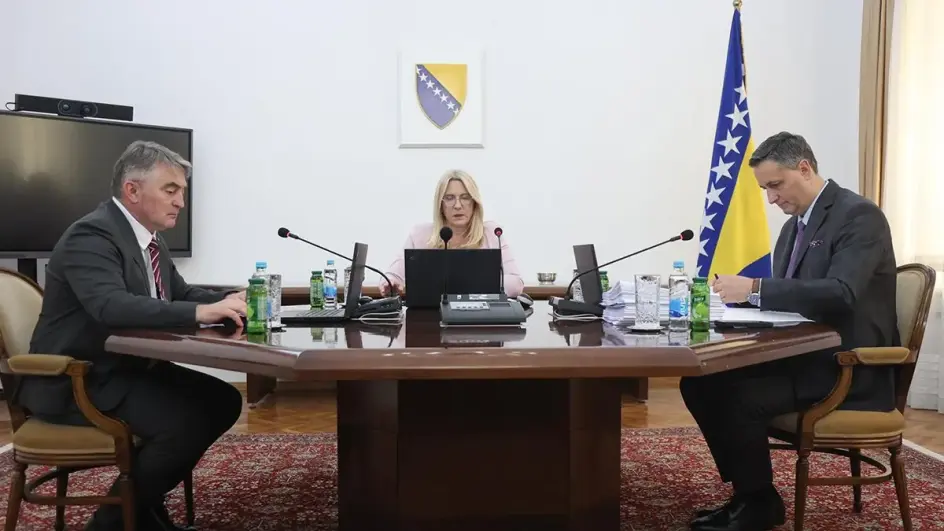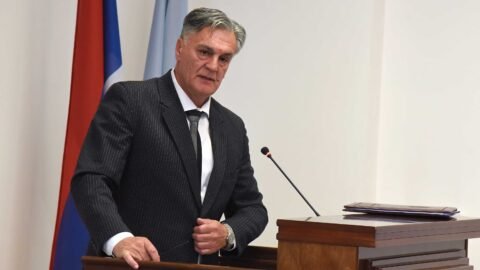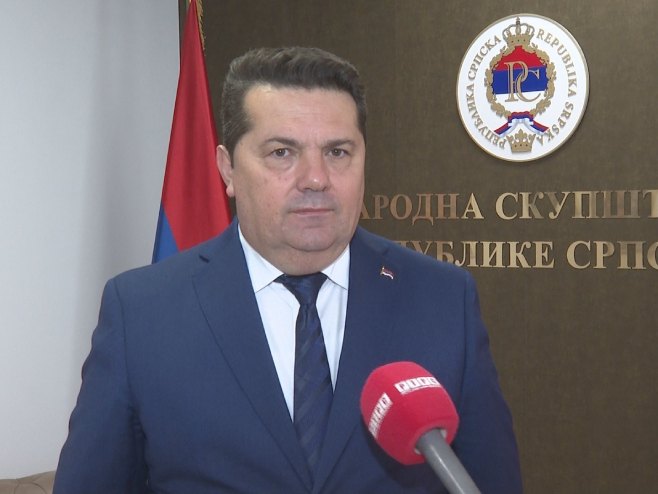In political Sarajevo, a call for agreement and dialogue is labeled as “a stab in the back,” said political scientist Vojislav Savić during an appearance on RTRS Morning Program.
“The entire 21st century revolves around communication, both within countries and between them. It’s extremely important that messages like the one in Željka Cvijanović’s speech reach the right audiences, to show that there is no secessionist policy coming from Republika Srpska, but simply a call for respecting previously reached agreements,” Savić stated.
He highlighted a shift in U.S. policy on the global stage, which could have direct implications for the region.
“In the speech by the U.S. Deputy Secretary of State, we saw a completely different approach from the U.S.—a 180-degree turn. They have abandoned the concept of state-building by force. In the long term, that’s the only sustainable approach. What we previously saw from the U.S. and the broader world was a rampant globalist policy that brought no benefit,” Savić added.
According to him, political Sarajevo is playing the wrong card by deliberately avoiding dialogue.
“They keep repeating stories from 1995—how the so-called Army of BiH was near Banja Luka and was stopped by the U.S. The question for politicians in Sarajevo is: have they ever made it past November 22? Hypothetically, yes, but clearly they slept through November 21. They’ve created so much pressure on their own public that now they can’t back down—and the longer they wait, the worse it will be for them. Bosniaks do not have sovereignty over two-thirds of BiH’s territory, and that is the reality. They didn’t understand the speech of President Milorad Dodik in the National Assembly of Republika Srpska, and I doubt they’ll understand Cvijanović’s speech in Ohio either,” Savić emphasized.
He cautioned that a successful policy requires many compromises.
“One must be cautious and build policy on compromises. It’s essential to know how to navigate such tectonic shifts. It hasn’t been easy for Banja Luka, as it has been asked to yield for the past 30 years. I believe we’re now entering a completely new era. Washington is a partner that can and should be spoken to—not only to preserve peace but to establish dialogue for the benefit of everyone in Bosnia and Herzegovina,” Savić concluded.
Source: RTRS

